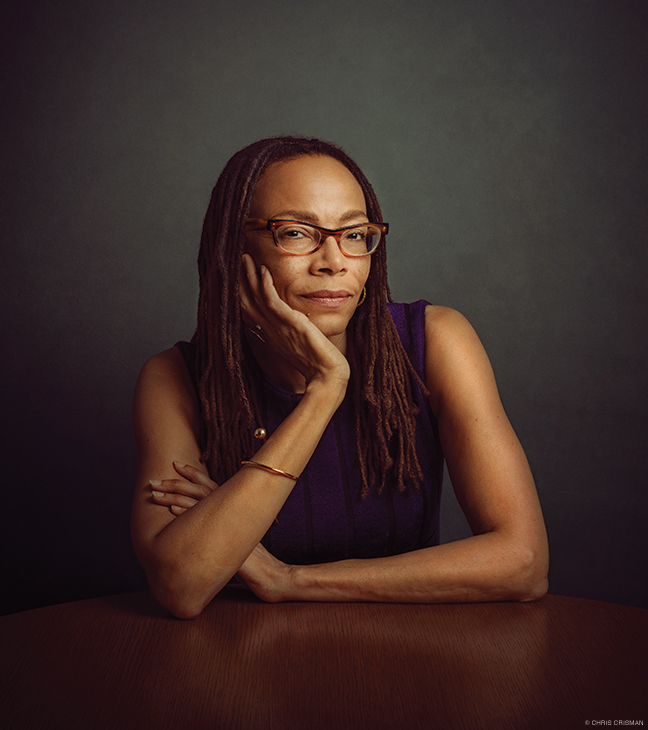Anti-Blackness And The Myths Of “Monoracial Privilege” & The “White/Black Binary”Posted in Articles, Media Archive, Social Justice on 2016-08-23 19:04Z by Steven |
Anti-Blackness And The Myths Of “Monoracial Privilege” & The “White/Black Binary”
Gradient Lair: Black women + art, media, social media, socio-politics & culture
2014-02-20
In the last few days in social media I have seen conversations about the experiences of multiracial/mixed people of colour and these conversations have often been framed by anti-Blackness including notions of “monoracial privilege” and the “White/Black binary.” At times, these conversations have been so incredibly cruel that perhaps I should have done more to avoid them (somewhat hard to on Twitter as these conversations have occurred even among “anti-racism activists” and “feminists”) because it does not really help for someone like me who deals with anxiety and deals with anti-Blackness daily where I live. On the one hand, many non-Black people of colour demand solidarity with Black people–often to the point where Black people’s deaths become rhetorical devices about “generic” “people of colour” being extrajudicially killed (when this is overwhelmingly a Black experience) and Black women are expected to just be mules to drag their signs written with concepts that Black women created–but on the other hand, they use anti-Black framing to articulate their identities and experiences, while also not holding White supremacy accountable for why these differences even matter in a way that creates hierarchical and intersecting oppressions…
Read the entire article here.
.jpg)


